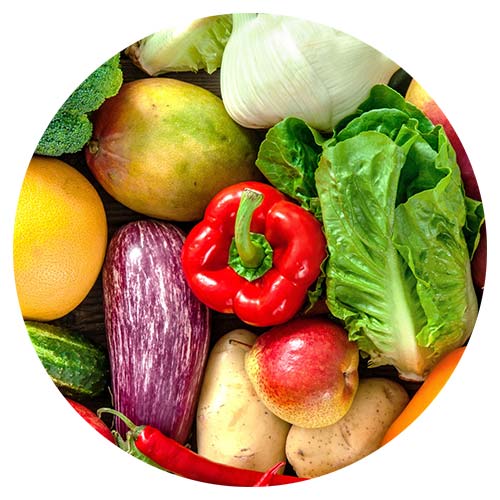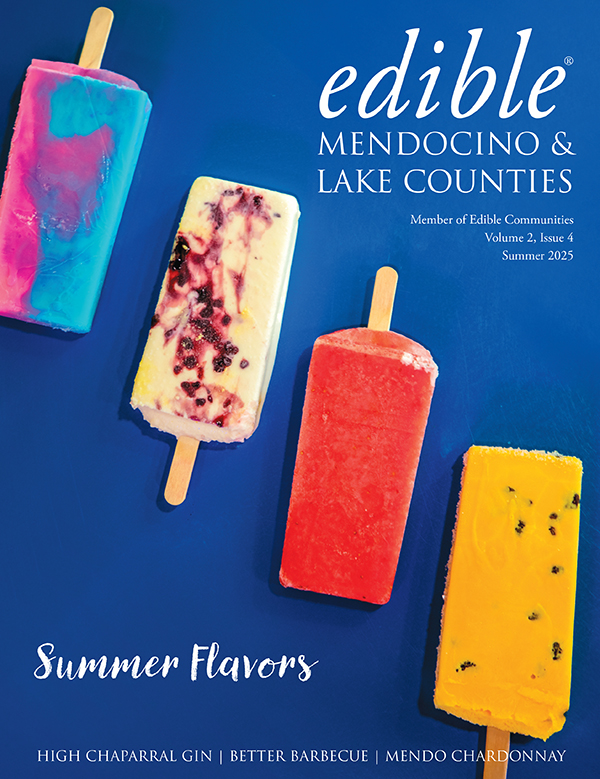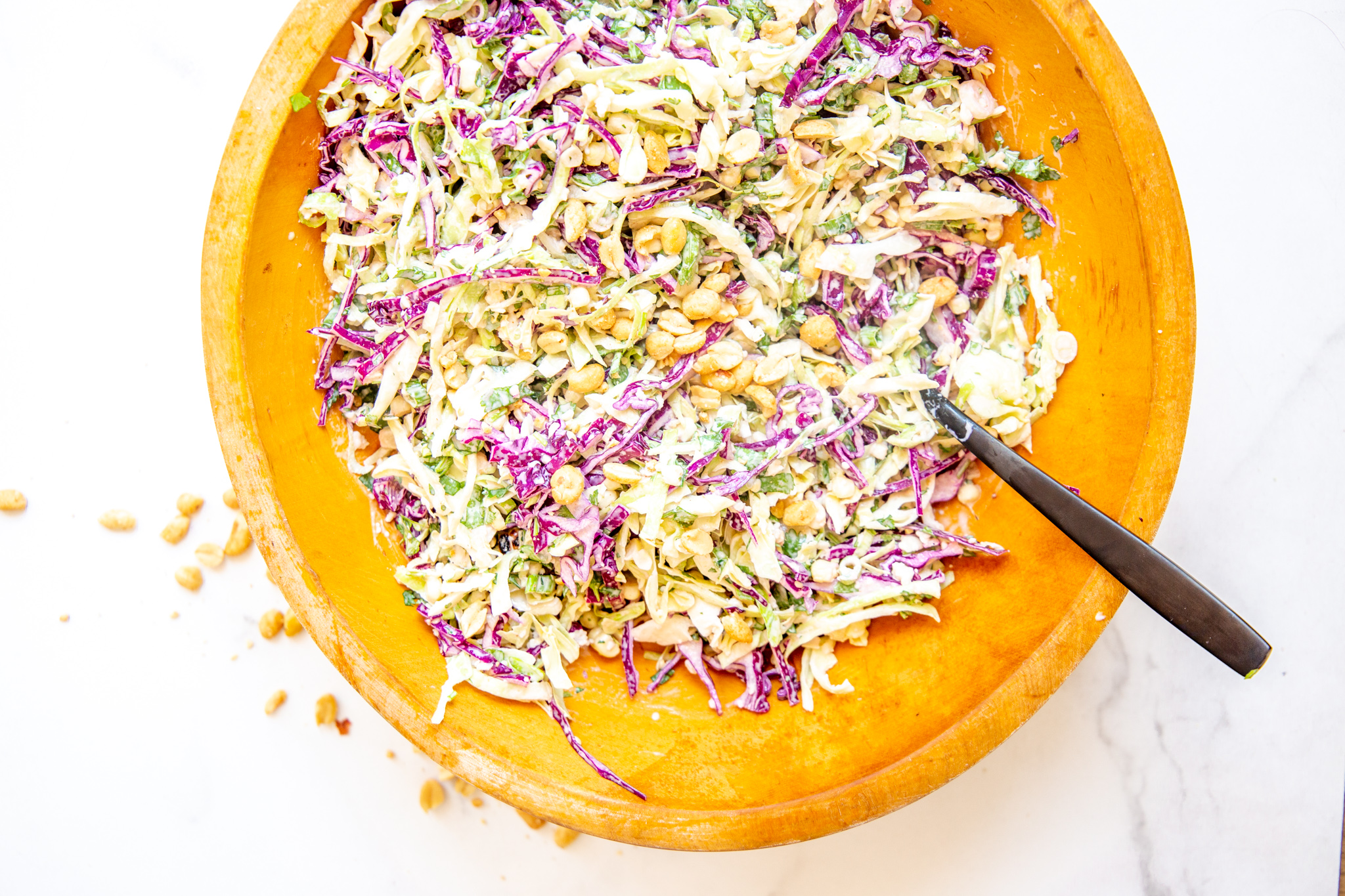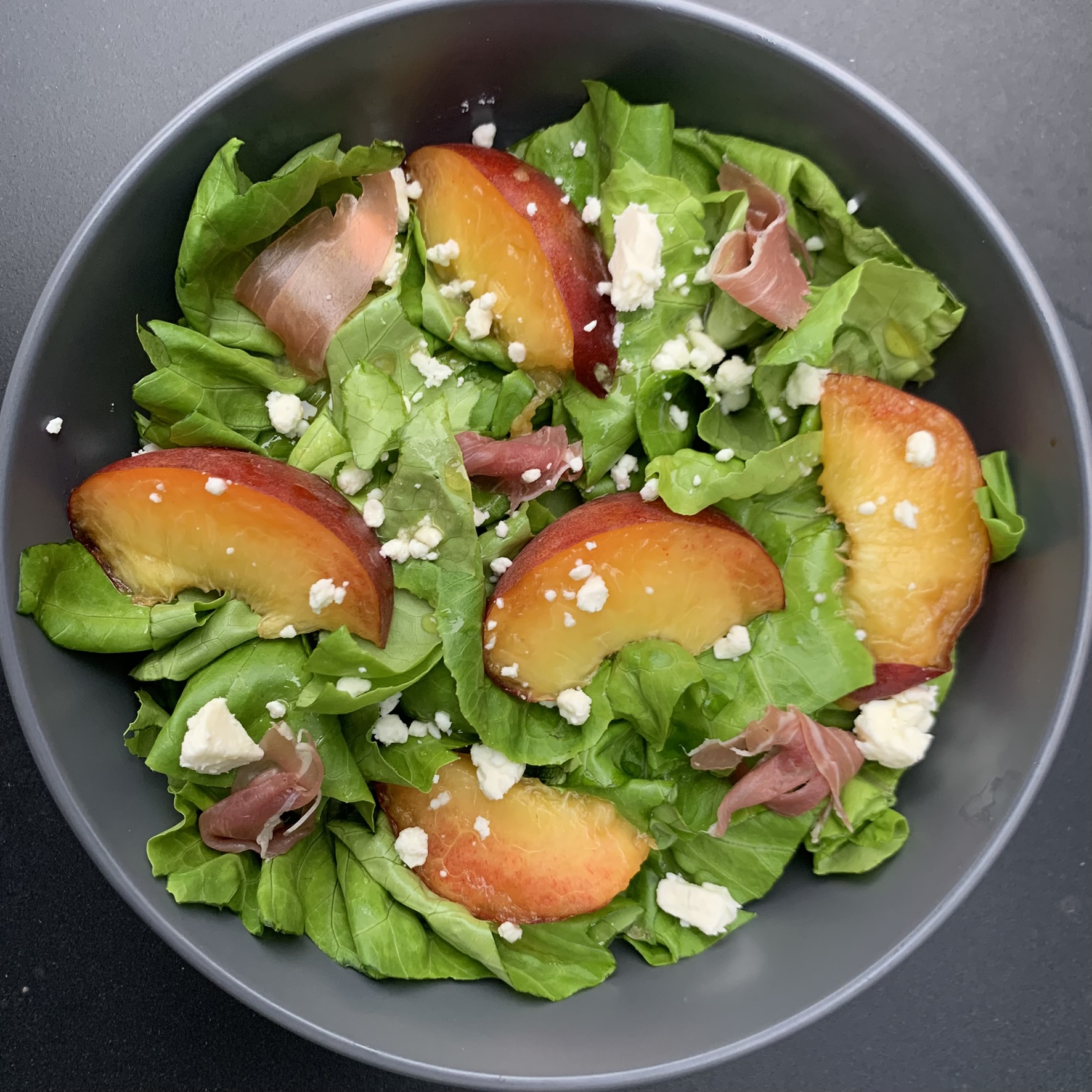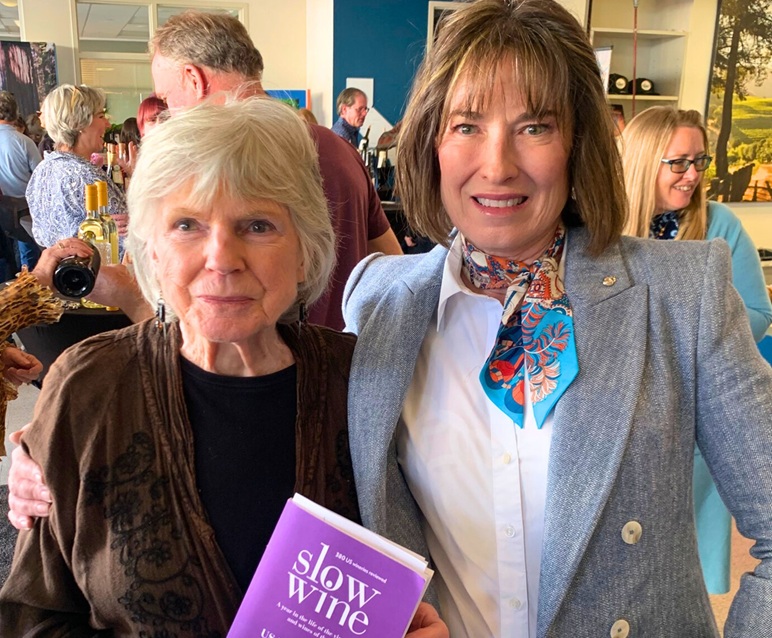How Victor Passalaqua and Melissa Boon combined their talents to transform Elk Cove Inn into an exquisite farm-to-fork wining and dining destination
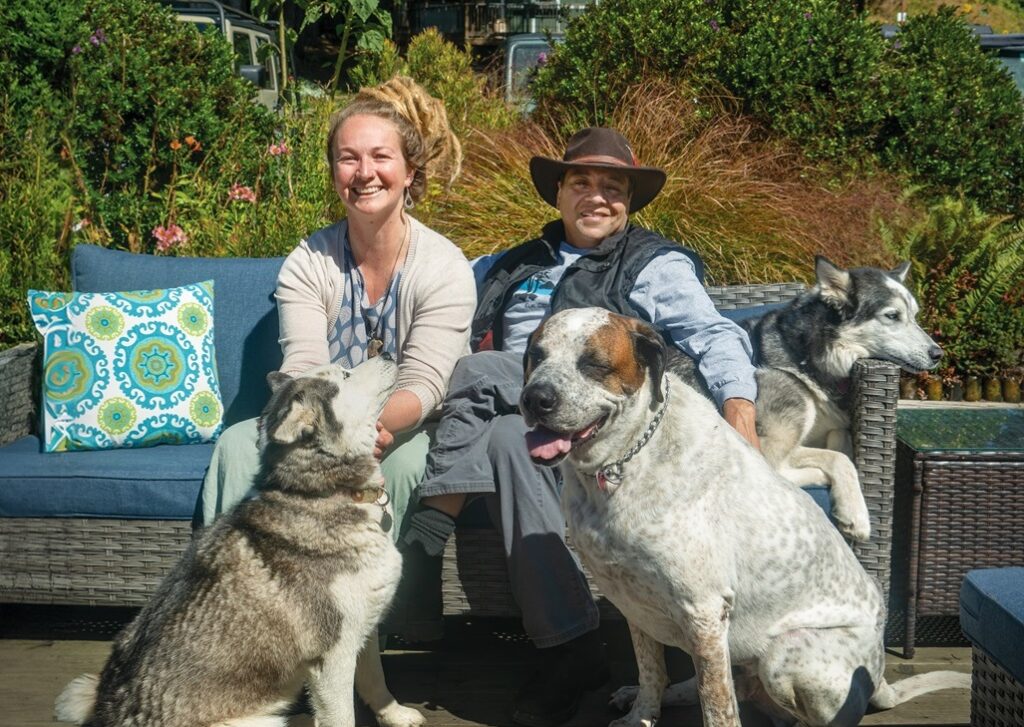
If you’ve ever had a meal at Sibo restaurant at Elk Cove Inn, you’ll know that the dining room is rather small. The view to the horizon is infinite, but inside there’s not much room to maneuver. You bump elbows and knees with your dining partners, and the table quickly gets cluttered with cutlery, glassware, and bottles of wine.
But once the flavors start to hit your palate, they make a big impact. Suddenly the cramped quarters cease to matter and your taste buds come alive with the fruitiness of the robust local wines, the freshness of the home-grown vegetables, the tang of inventive scratch-made sauces, and the savoriness of the tender fish and meats that occupy plate after plate.
Melissa, a certified sommelier, works the room with an air of calm serenity. Tall, with a mop of blonde dreadlocks atop her head, she deftly navigates the narrow spaces between tables as she cheerfully suggests pairings with her faint French accent. She frequently pops into the kitchen to check in on Victor, her husband, as he zigzags back and forth around the room. A dark-haired, compact bundle of energy, they converse in French as he bounces from stove to oven to counter and back, nearly single-handedly preparing every one of the perfectly plated dishes. Only at the end of the evening does he emerge, tired but happy, to chat with guests before retiring for the night.
Chef and sommelier are only two of the many roles that Victor and Melissa play at the inn, which they have co-owned with partner Rakesh Taneja since 2020. They are also the inn’s managers, gardeners, beekeepers, goat-herders, and poulterers. It’s a 24/7 endeavor (except for their days off).
With their combined skills and commitment to farm-to-fork dining, they’ve simultaneously fulfilled their dreams and turned the inn into a lodging and dining destination to rival any of the better-known spots on the Mendocino coast. However, owning and running an inn and restaurant was not part of their original plan, somewhat surprisingly. The last few years have shown them that sometimes life takes you in unexpected directions—and when it does, to embrace it.
Before landing in Mendocino County, the couple lived together for over a decade in south Florida. Miami was where they met, but they had both previously lived and worked in numerous places around the globe. Victor, who was born in Peru and raised in Montreal, worked in 27 different countries before coming to Miami, where he ran a number of different restaurants. With Melissa, who was born in France, raised in the Dominican Republic, and educated in Texas, they co-owned a Miami-based wine distribution company that imported French wines. When Victor’s son left for college in 2019, they decided it was time to move on. Victor was ready for a different type of work, and Melissa didn’t want to stay in Miami. So they closed their wine company, and after much discussion, bought an RV and hit the road.
“Sometimes you have to leave a little space for things to come together.”
“I had been mulling over the RV idea for about a year before I mentioned it to Victor,” Melissa said. “He was like, ‘So what’s the plan?’ I said, ‘Well, the plan really is to have no plan.’ I had this idea that eventually we could have a homestead out west, and we could learn along the way. We could do odd jobs, and maybe work on farms. We could learn from people that knew how to farm, knew how to garden and take care of animals—stuff like that. But Victor is very structured. He’s always known where he’s going and how he’s going, and I’m the opposite. So I had to really sell the idea to him.”
Eventually Victor was persuaded, and they set off on their journey in October 2019. They were able to explore a fair bit of the southern and southwestern states—plus a stint in the Dominican Republic—
before the pandemic put a wrench in their plans. When RV parks and campgrounds shut down in early 2020, they decided to hole up with friends in rural Colorado for a few months and come up with a Plan B. After the lockdown ended they decided to try to find temporary caretaker roles, which is how they ended up at Elk Cove Inn.
Rakesh, the inn’s sole owner at that time, had posted an ad for live-in innkeepers, and hired Melissa and Victor on a six-month contract. “The inn had been closed for three months when we arrived in the spring of 2020, and it was a mess, a horrible mess,” Victor said. “Nothing was clean or in working condition, and the amount of debris on the property filled up two truckloads.”
The short version of what happened next is that they set to work fixing up the inn and getting guests back into the rooms, then when the six months were up, made a deal with Rakesh to become co-owners. The long version is that Melissa once again had to convince Victor to make the leap. She fell in love with the place pretty early on, but his appreciation for the inn and the Mendocino coast was slower to come.
“It’s funny because I’d been traveling all over the world with Victor, and I had never wanted to settle down before,” Melissa said. “That’s why we got the RV—I just liked moving around and traveling and doing a little of this and a little of that. But the moment we set foot here, I thought ‘This feels like home.’ It really did, and it still does now. I just feel like we are where we’re supposed to be. I put it down to the fact that there was no plan, and sometimes you have to leave a little space for things to come together.”
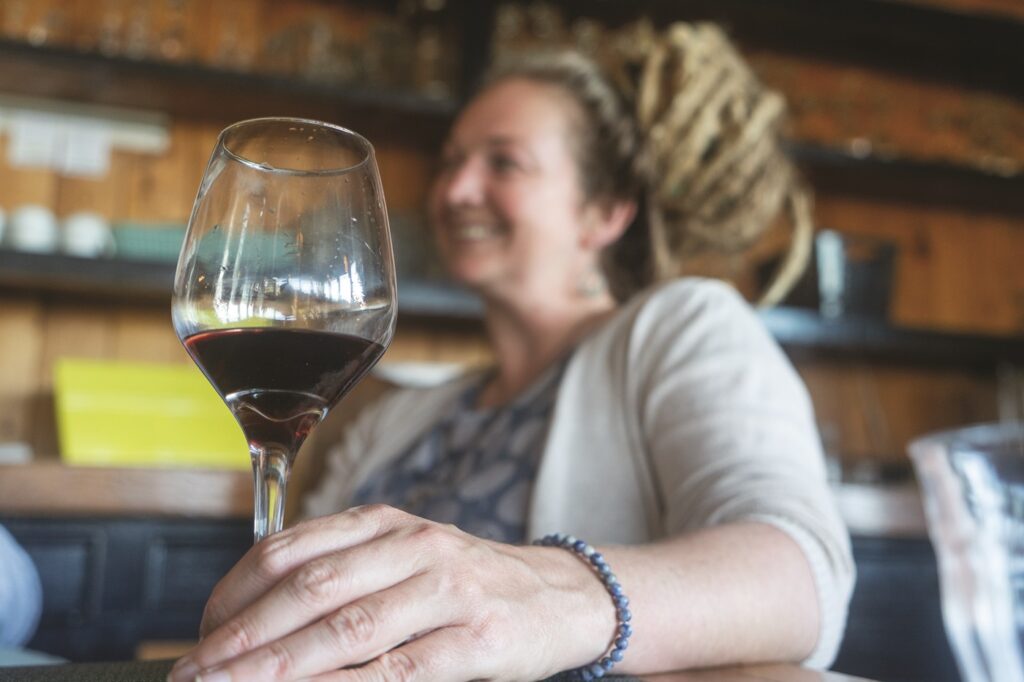
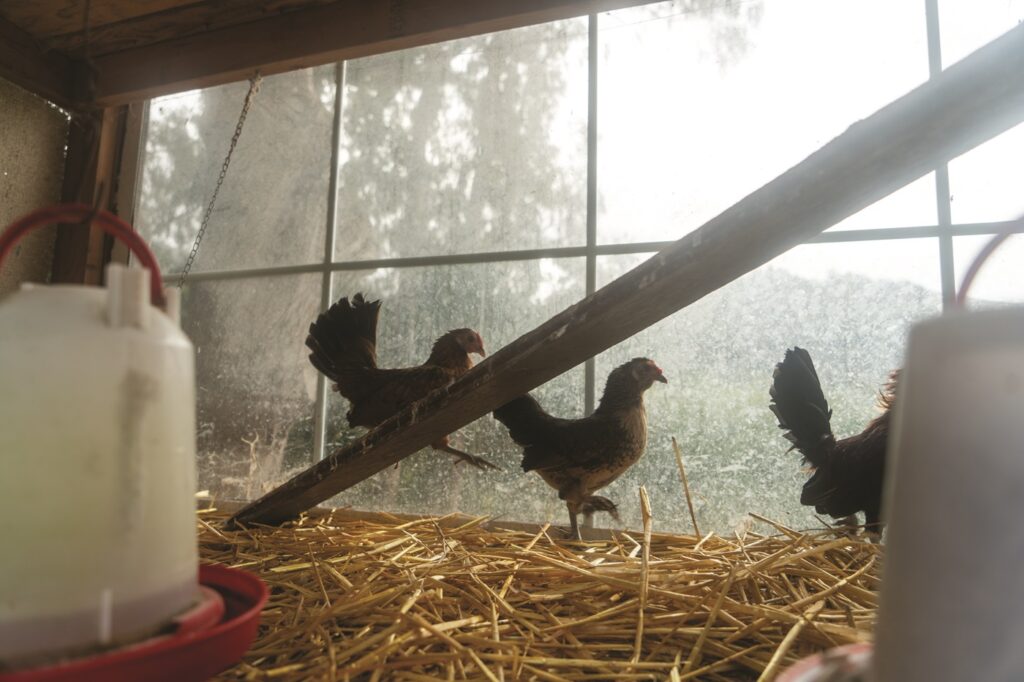
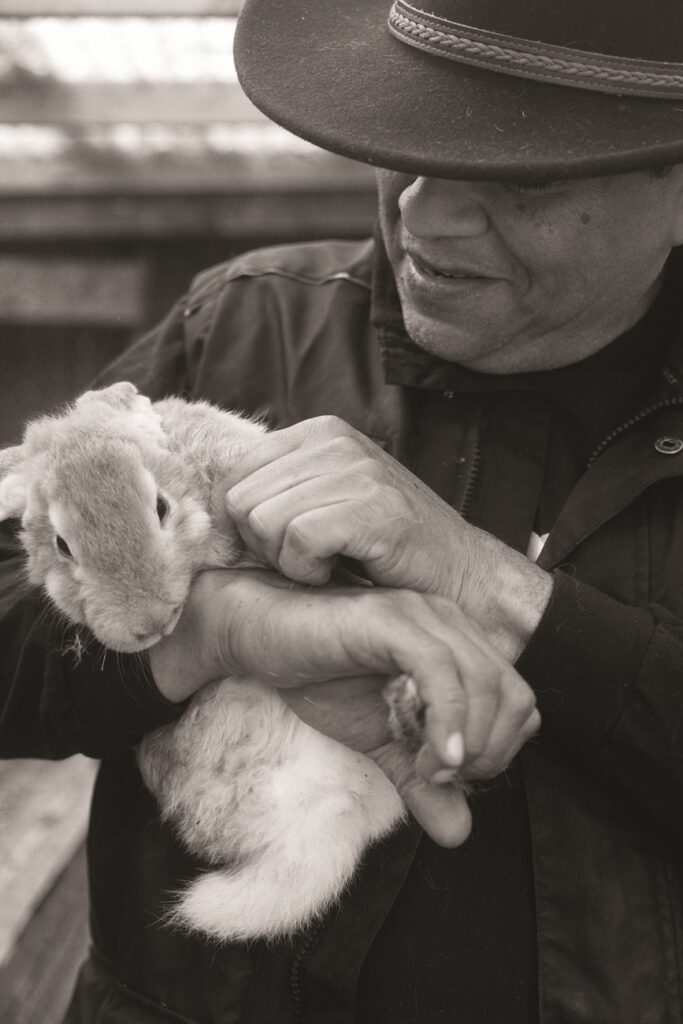
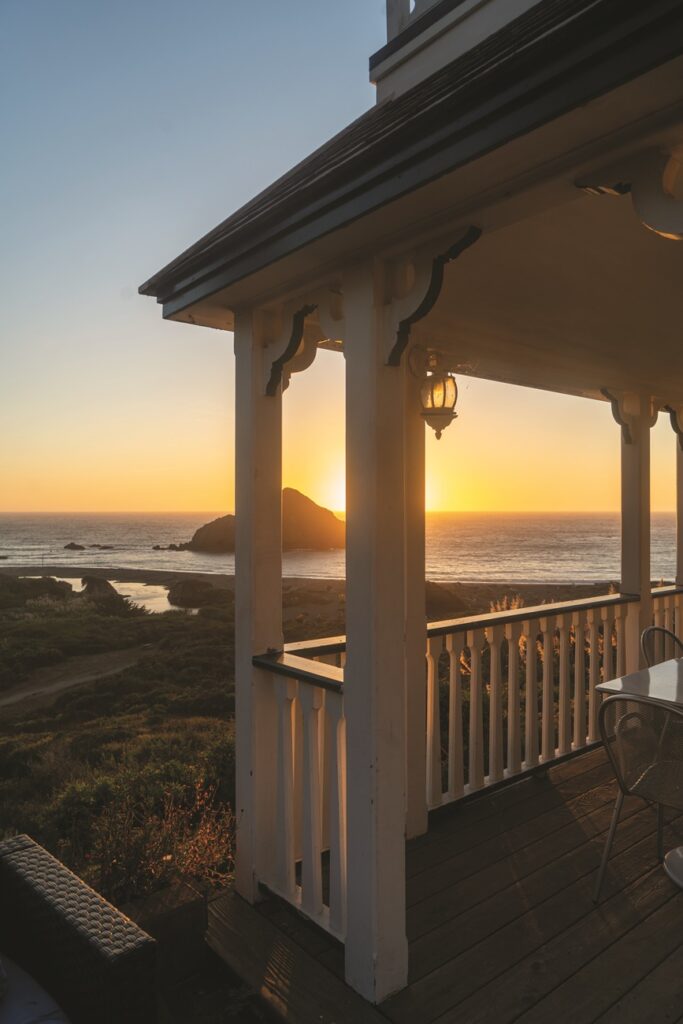
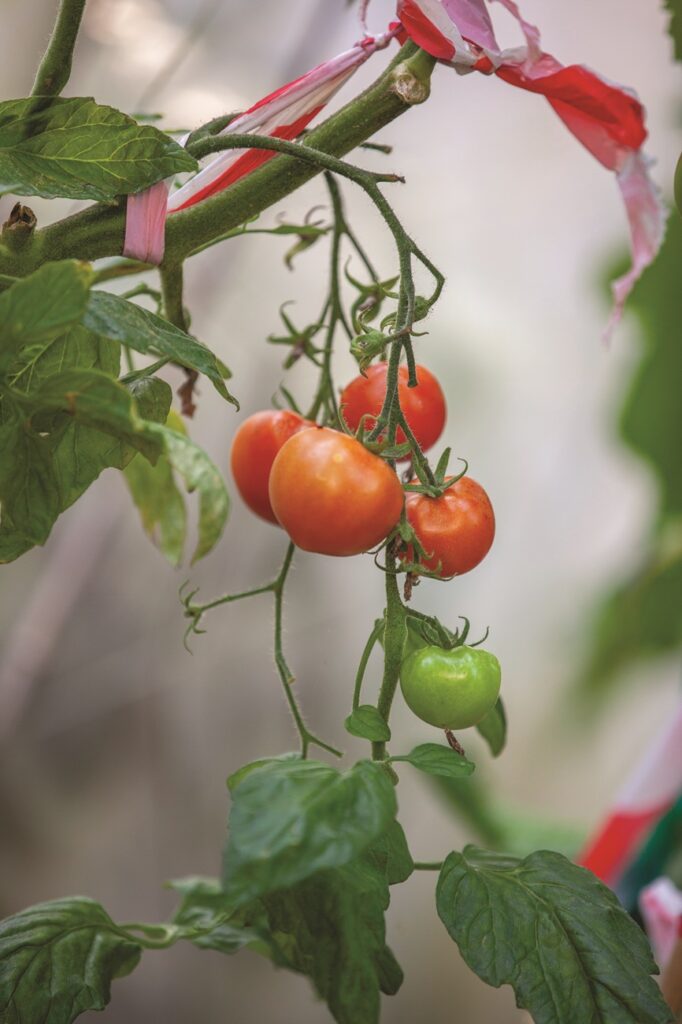
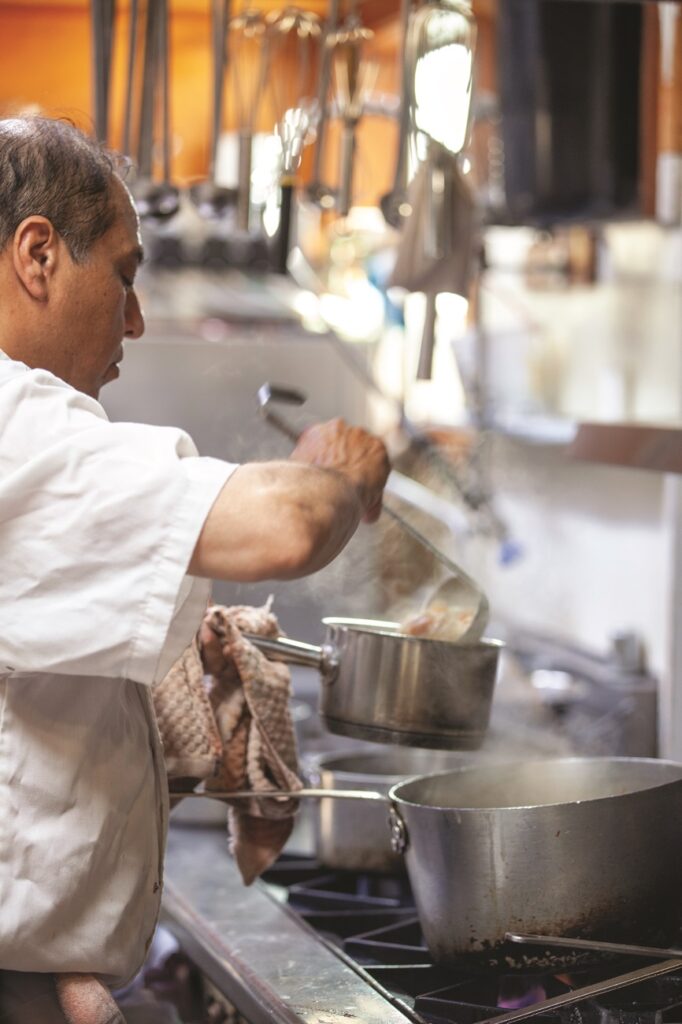
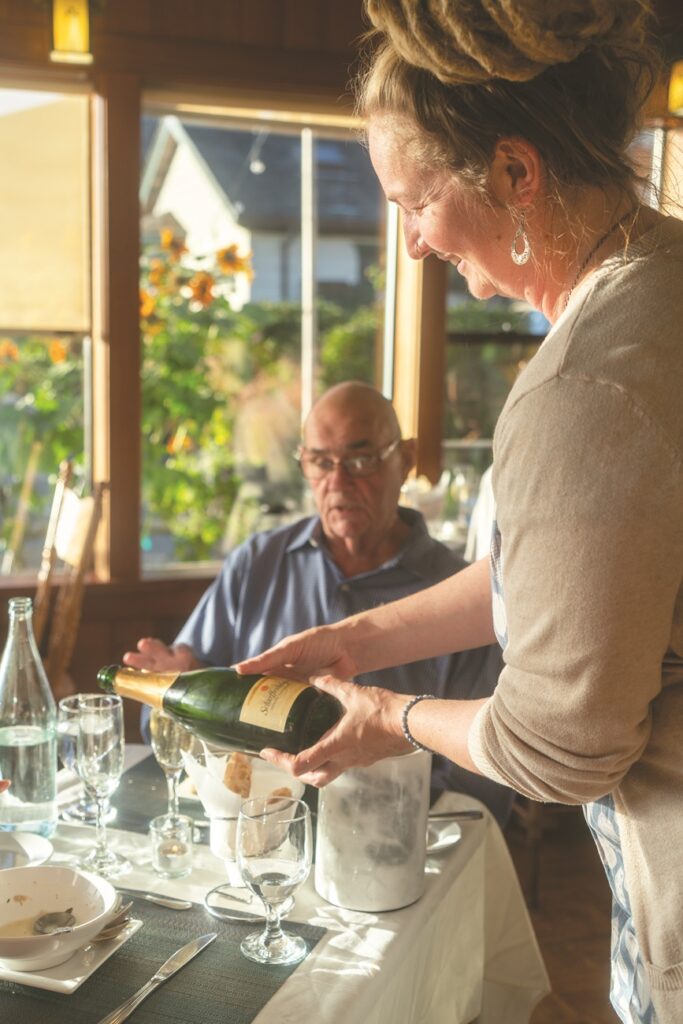
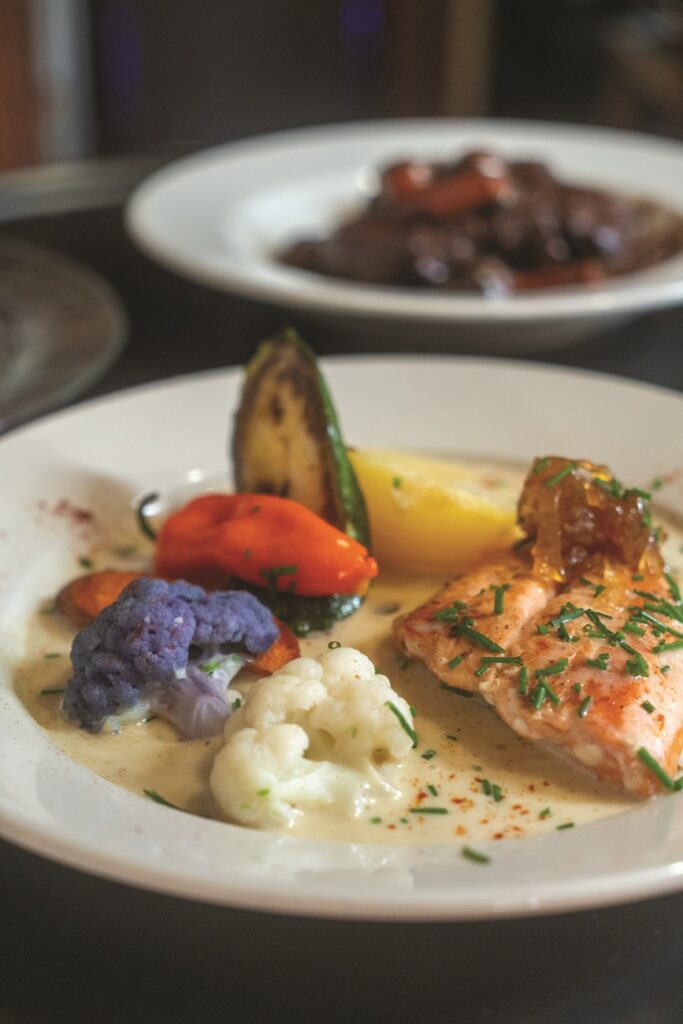
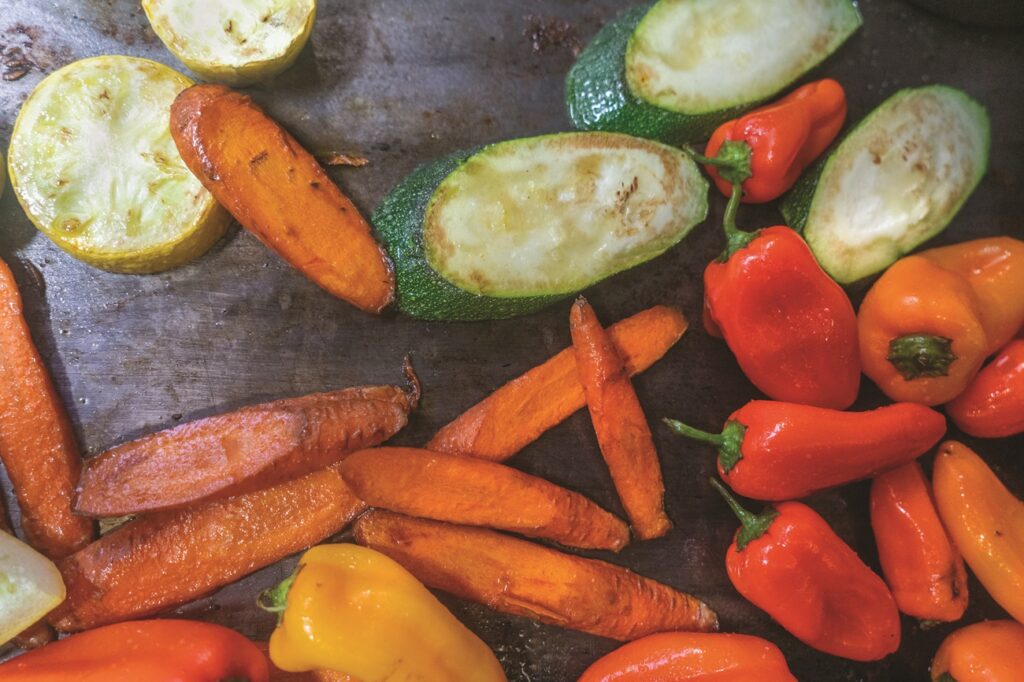
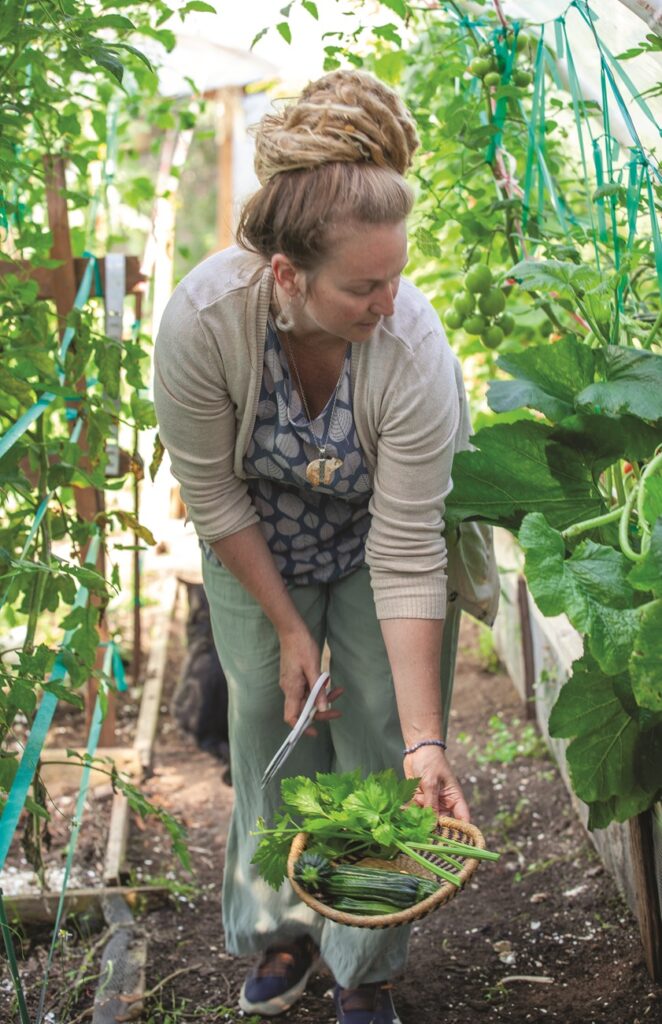
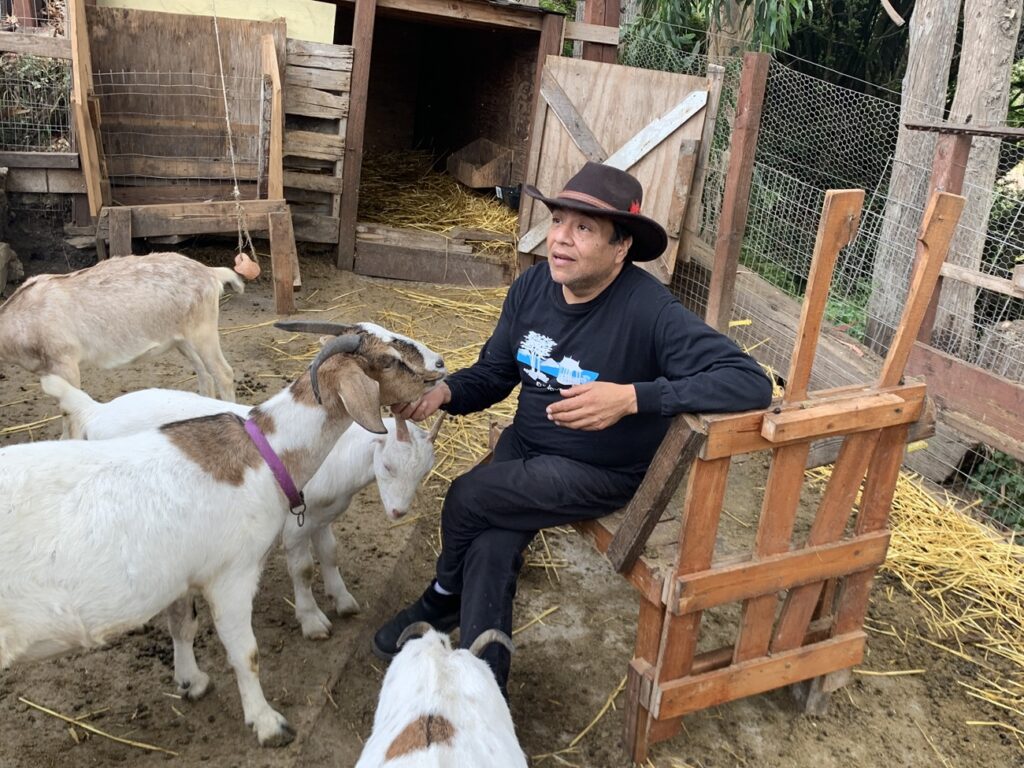
Some of Victor’s hesitation stemmed from his reluctance to become a restaurateur again. He knew that if he and Melissa became fulltime owners, they’d have to re-open the restaurant so that guests would not have to leave the property to eat. But Victor wasn’t sure he wanted to go back into the kitchen. At least not the type of kitchen he was used to running in the past.
“The restaurant was never supposed to happen,” Victor said. “I saw this as a place to retire. I told Melissa very clearly, I do not want to have a restaurant, I do not want to cook, especially if I’m going to have to cook by myself. Are you kidding me? I used to walk into a kitchen and have 40 staff.”
It was a chance encounter with a tired traveling nun that changed his mind, and showed him that a restaurant could be about more than business. It could be about something bigger—about connecting
with the community, and connecting guests to the essence of Mendocino County.
“[The nun] had been driving for three days up the coast, and sleeping in her car,” Victor said. “She was some kind of medical first responder, going to a hospital up north I think. She asked if she could park her car at the inn and sleep in it. We told her the place was empty and said she could sleep in a room for free. She was very thankful. She was also very hungry, and said she was going to eat a Slim Jim for dinner. We thought she was joking, but she wasn’t. So we invited her to eat with us, since we were going to eat anyway. The next day, before she left, she said she didn’t have money to pay us, but wanted to give us a tip. She put two joints in my hand.”
“At first I was like ‘Where are the cameras? Where are the cops,’ but the nun said ‘it’s OK, it’s OK, don’t worry, it’s Mendocino.’ I’m like, ‘Okay. I didn’t know that. I didn’t know about Mendocino.’ After that, other travelers, essential workers, started coming here to stay. In two weeks all of our rooms were full.”
Victor started cooking for guests, but he only made what he and Melissa would normally eat at home. There was no menu—just five appetizers, five main courses, and one dessert. Then over the next two
years it evolved into a full-fledged fine-dining establishment—with printed menus to boot—with the majority of the ingredients grown or raised on site, foraged locally, or purchased from local farms.
The restaurant’s farm-to-fork approach came about partly out of necessity, and partly out of principle. Melissa was keenly aware of the universe of fruits, vegetables, fungi, seafoods and wines that were available locally, and she knew that she wanted to incorporate as many of them as possible into the menu from the start. The inn’s onsite garden and farm provided ample space to start producing, while simultaneously allowing the couple to achieve their original goal of becoming homesteaders—in a manner of speaking. And once they realized the downsides of having food shipped in from afar, it sealed the decision to go local.
“We considered buying our food from large suppliers, but we could not get quality products,” Victor said. “So for local produce we grow it here, or buy direct from places like Fortunate Farm up in Caspar. We also trade a lot of stuff. I started making mushroom risotto because this neighbor started bringing all these mushrooms. It was actually more than we could afford to pay for, so he said he would do a trade. So we’re like, yeah, sure, you can come and have dinner with us.”
“It’s about having a cake and sharing it.”
They manage to produce a surprising amount on the premises of the inn, which comprises three separate fruit and vegetable gardens, a flock of egg-producing chickens, a collection of rabbits, a beehive, and four milk-producing goats that are very attached to Victor— one in particular will even follow him all the way down to the beach.
As we walk the property, Melissa and Victor point out the various lettuces, kale, lemon balm, mint, broccoli, tomatoes, strawberries, golden berries, melons, parsley, celery, squash, peppers, chamomile (for tea), oregano, cauliflower, Brussels sprouts, rhubarb, zucchini, asparagus and peas growing in the greenhouse, raised beds, and other places.
“We’ve used every inch of this property,” Victor said. “It’s not huge, but we have enough space to have a little of everything, every day. I don’t need to have 20 zucchinis—I can have one. I don’t need to have 30 asparagus—if I have five, it’s enough for two plates.”
“Commercially, it’s not a bright thing to do,” Victor continued. “It’s not cheaper to grow it. But when you see the guests having the eggs and they go, ‘Oh, my God, that’s the best omelet I ever had! What did you do?’ I say, ‘we just collected the eggs, picked the vegetables and cooked them!’ That’s it. We don’t do anything else.”
“We do it the Mendocino way,” he added. “Your menu is determined by what’s out there. This is the produce I can get, the specific meats I can get. This is how I can make it work, make it fresh each day. People come here and they want to try the local stuff, the local wines. It’s just been a natural evolution of the food and the wine that we’ve put together.”
The wine selection, curated primarily by Melissa, comprises mainly Mendocino County wines, plus a smattering from elsewhere in the U.S., and France. It also evolved over the last two years, like the food menu.
“We started with the two really bad wines, but we eventually went and checked out all the local wineries,” Melissa said. “We went and tasted the wines and met the winemakers, and met with the owners. Anderson Valley especially has a lot of great wines to offer people.”
In addition to creating the wine list, Melissa has a hand in nearly everything else at the inn. This includes the menu, the garden, the events, and the decor. Her job also includes pushing Victor past his characteristic reluctance, and out of his comfort zone.
“Everything that we do here comes from Melissa,” Victor said. “She is the one that wants to try things. She’s the one that will force me to do this, to do that.”
Melissa gives an example: “We had a friend that introduced us to the cove here,” she explained. “It has all these sea urchins and mussels and things. I get so excited about stuff like that, but Victor is like, ‘I’ve done this before. I know the work that it takes to clean them. I am not doing this.’ But I asked him ‘can you make an uni sauce or something?’ And he was like ‘I’m busy with the restaurant!’” She wraps up the anecdote by noting that the sauce didn’t happen right at that moment, but they eventually did some experimenting on one of their days off, and found a way to incorporate the urchins into the menu.
Melissa is not the only one helping Victor expand his repertoire. Despite thinking that he had seen and done it all in his previous 30+ year career, Mendocino has managed to teach him a few new things.
“There’s a lot of stuff here that you don’t have anywhere else, like the cauliflower mushroom,” he said. “I didn’t even know what it was at first. Then I met this local guy who said ‘I cook it like this and like this and like this.’ I’m a freaking chef and the guy is showing me how to do it, and I’m watching. Then I started trying other things. It’s kind of awesome.”
The restaurant serves breakfast and dinner five evenings a week, and also hosts winemaker dinners and other special events. Victor does all the cooking himself. With a dining room that seats about 30 people and only offers two seatings per night, it keeps him busy without being overwhelming. He now considers cooking a labor of love, rather than just labor.
“At the end of the day, we only have nine tables. We don’t want to have anymore. I’m not trying to work more,” Victor said “We don’t see it as a business. It’s just supposed to be this cozy, quaint experience that makes everybody happy.”
That pretty much sums up their business model, and general life philosophy. Elk is a very small community with a number of businesses competing for limited visitors, but Melissa and Victor believe that it doesn’t have to be a zero-sum game.
“It’s about having a cake and sharing it,” Victor explained. “That’s one reason we don’t serve lunch. I started thinking about it at one point, but then Melissa said ‘what about the Elk Store? Their biggest
seller is clam chowder and sandwiches.’ We don’t really need the extra income from lunch, but they rely on it. Does it make sense business-wise for us? Not really. But as a community, I think it makes 100% sense. I’m successful, but you can be successful too.”
Elk Cove Inn and Sibo Restaurant are located at 6300 S. Highway 1, Elk, CA 95432. For more information on accommodation, dining, or tours, call 800-275-2967 or 707-877-3321, or visit elkcoveinn.com.
